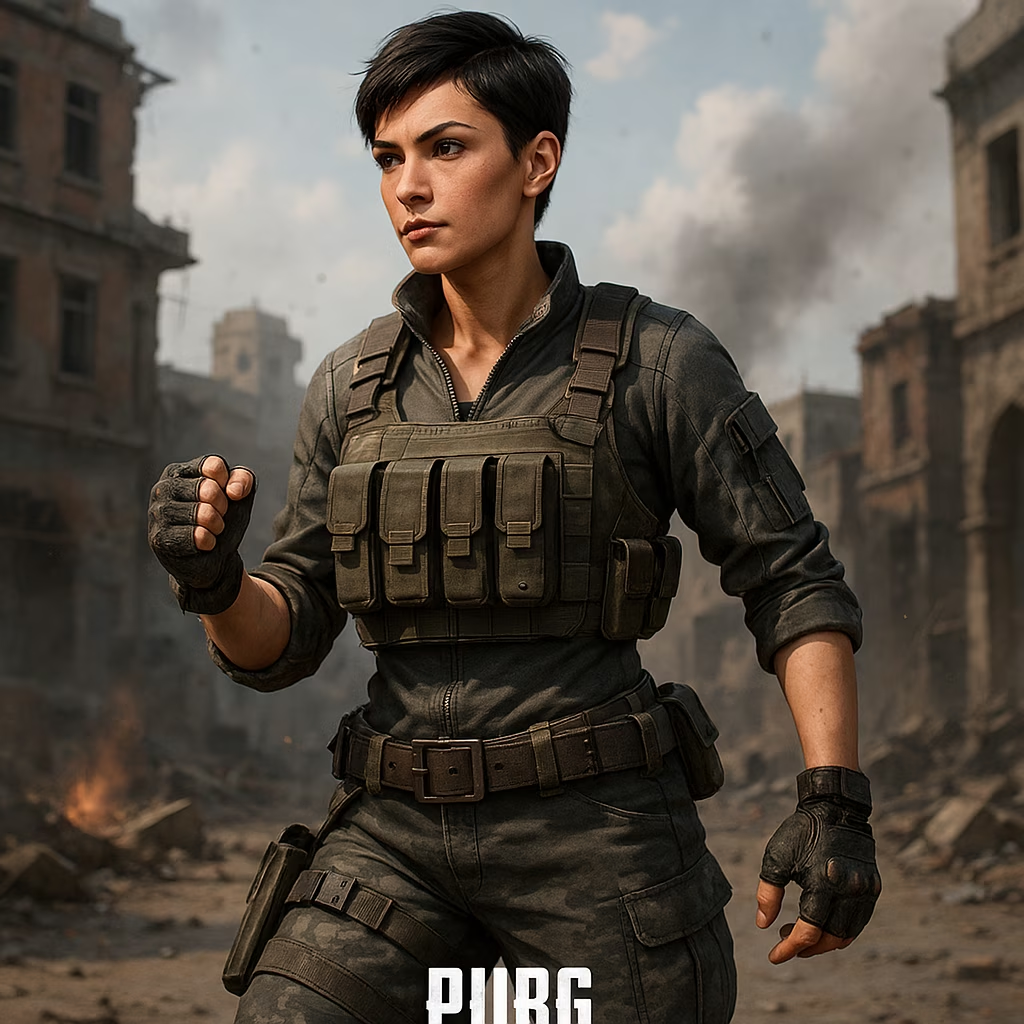Discover PUBG's revolutionary AI teammates, powered by Nvidia's ACE, delivering authentic, adaptive, and game-changing gameplay innovations in 2025.

The battle royale landscape is evolving in ways few could have predicted, with PUBG's latest AI teammates delivering performance that has stunned even veteran players. As we move deeper into 2025, Krafton's implementation of AI companions in PUBG represents one of the most significant gameplay innovations the title has seen since its inception.
Unlike traditional NPCs that follow scripted behaviors, these new AI teammates—officially called Co-Playable Characters (CPCs)—interact with players in remarkably human-like ways. Developed through a collaboration between Krafton and Nvidia using the Avatar Cloud Engine (ACE) technology, these companions understand game situations contextually and respond accordingly, creating an experience that feels surprisingly authentic.
How PUBG AI Teammates Actually Work
The system introduces an SLM-powered companion called "Ally" that communicates verbally and coordinates strategies just as a human teammate would. What's particularly impressive is the natural language processing capability that allows players to issue commands through normal speech patterns.
"It's honestly kind of freaky how responsive they are," noted one PUBG veteran during a recent tournament showcase. "You ask for cover fire and they not only provide it but tell you exactly what they're doing and why."
The PUBG ai teammate surprises extend beyond basic communication. These companions can:
-
Locate and ping useful items like vests and ammunition
-
Spot enemies and communicate their positions
-
Find vehicles when requested
-
Execute tactical maneuvers like flanking
-
Engage in casual banter that makes the experience feel more authentic
Real-World Performance That Exceeds Expectations
What separates these AI teammates from previous attempts at companion NPCs is their ability to adapt to unpredictable situations. They're not following predetermined paths or responses—they're analyzing the game state in real-time and making decisions that often surprise even the developers.
During testing sessions, AI companions have demonstrated unexpected problem-solving abilities, such as using smoke grenades to create cover when a human teammate is pinned down, without being specifically instructed to do so.
The system isn't perfect, of course. Sometimes the AI will make questionable decisions or misunderstand commands in the heat of battle. But hey, that's not so different from playing with actual humans, is it?
Beyond PUBG: The Expanding AI Companion Ecosystem
Krafton isn't limiting this technology to PUBG alone. Their life simulation game inZoi is implementing similar AI systems, though with different applications. In inZoi, AI-powered citizens called "Zois" develop personalities based on their experiences, follow trends, spread rumors, and build reputations—all powered by the same underlying SLM technology.
This represents part of a broader industry movement toward more sophisticated AI in gaming. Microsoft, EA, and Ubisoft have all made significant investments in similar technologies, with Ubisoft's "Neo NPCs" representing another ambitious attempt to create conversational in-game characters.
The Future of AI Teammates
As 2025 progresses, we can expect further refinements to PUBG's AI companion system. Krafton has already hinted at upcoming features that will allow these companions to learn from individual player styles, adapting their behavior to complement specific strategies and preferences.
The environmental and ethical questions surrounding AI development remain important considerations, particularly regarding computational resources and potential impacts on human jobs in the gaming industry. However, the positive player response to these AI teammates suggests they're here to stay as a complementary feature rather than a replacement for human interaction.
For solo players who've struggled to coordinate with random teammates, or for groups missing a fourth squad member, these AI companions offer a compelling alternative that enhances rather than diminishes the PUBG experience.
Love them or hate them, AI teammates represent the direction gaming is headed—and based on current performance, that future might be more exciting than many players anticipated.
This content draws upon OpenCritic, a respected platform for aggregating game reviews and scores. OpenCritic's recent coverage of PUBG's AI teammate update highlights how critics and players alike are impressed by the system's ability to mimic human decision-making, with many reviewers noting that the addition of CPCs has meaningfully improved the solo and squad experience for both new and veteran players.
